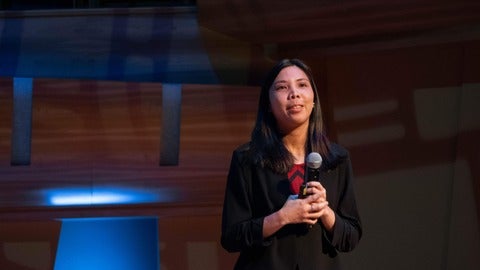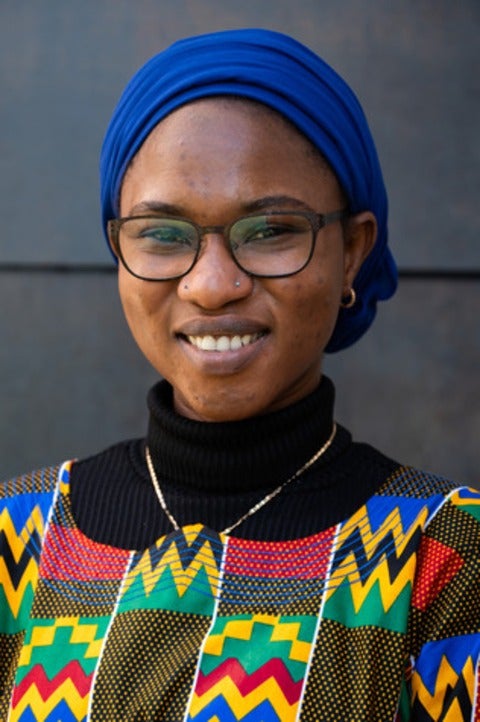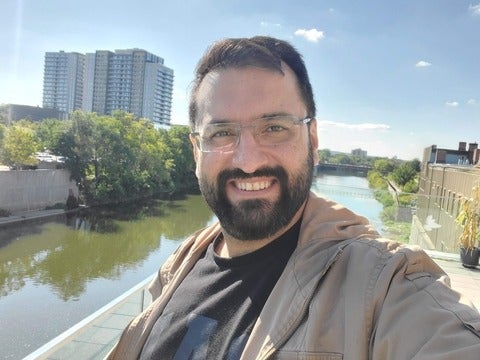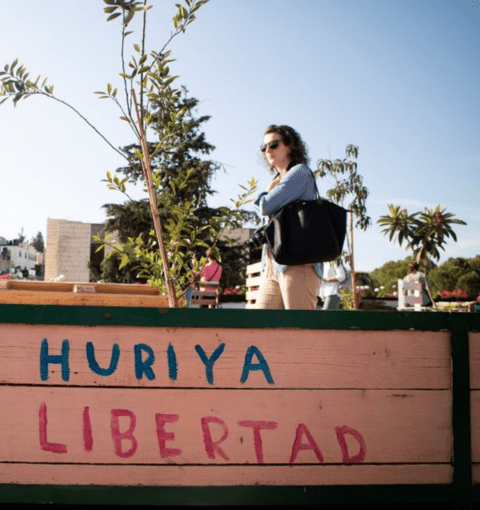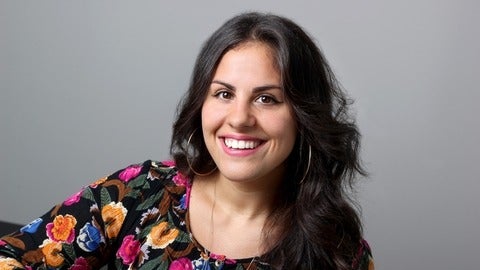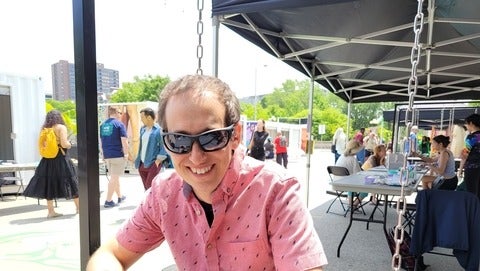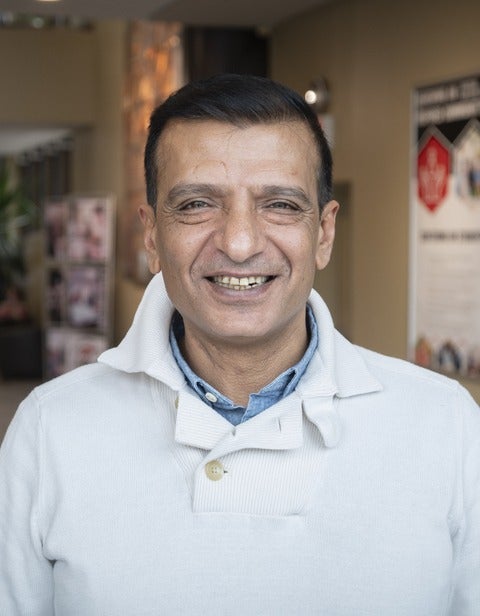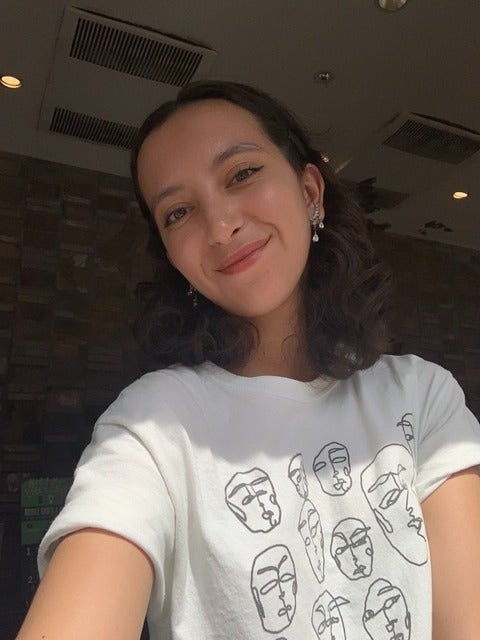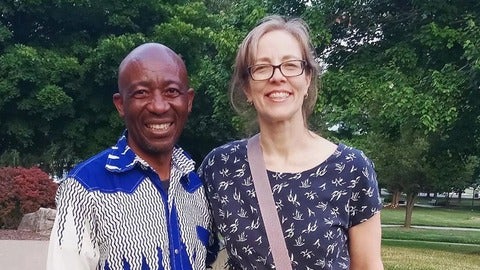Nuhu Abdulmalik: On Building Connections and Bridging Divides Through Storytelling
Nuhu Abdulmalik will graduate from the Masters of Peace and Conflict Studies (MPACS) program in April 2024, but his mission to build a more peaceful world is only beginning. Inspired by the ideas of building connection through storytelling and bridging cultural gaps through technology, the MPACS program has opened doors for him to take action on his peacebuilding aspirations and make a difference.

